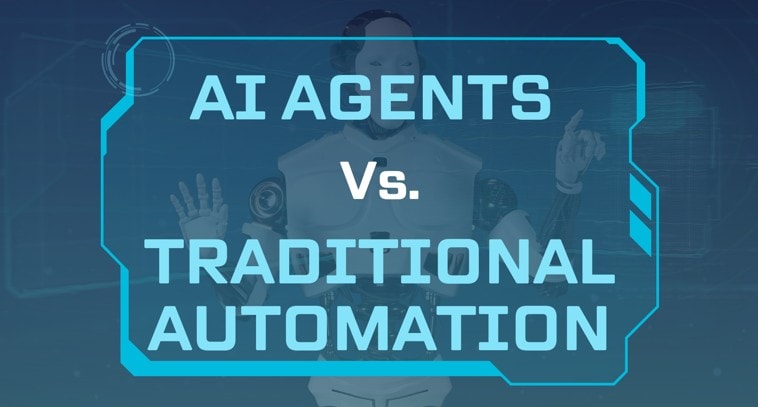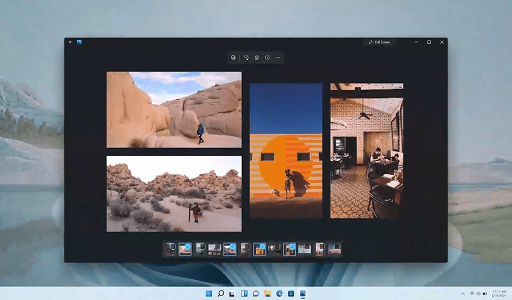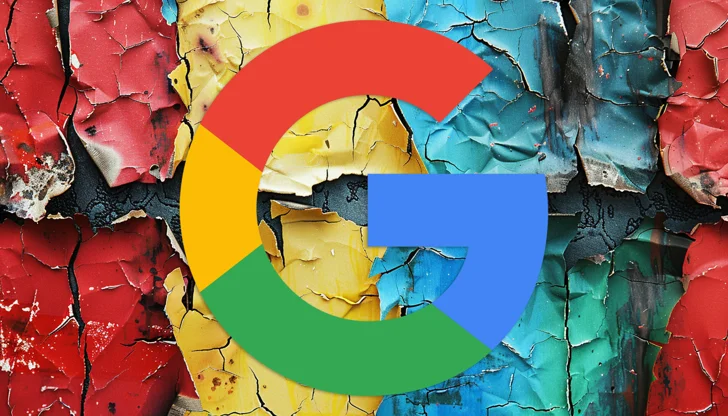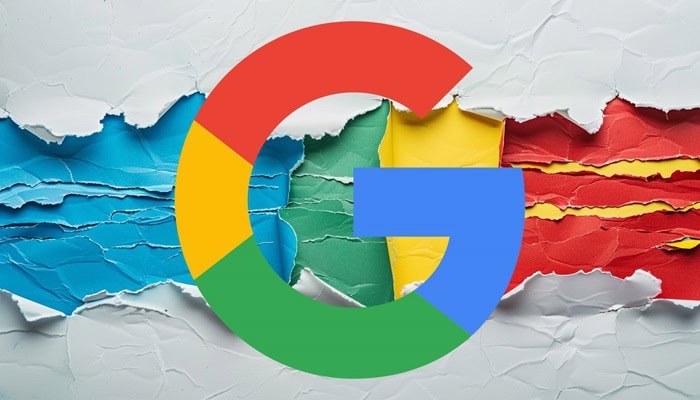Signals represent a number of the different factors search engines like Google use to determine relevance, authority, and quality of web content. Examples of different signals could include backlinks, user experience metrics, and social media engagement, among many others.
Syndicated content is any content that appears on more than one website or platform and, at times, with permission from the owner of such original content. These events include articles, blog posts, videos, and other kinds of content. This may involve a process of syndication to distribute the content to capture more audience or add value to the readers on different platforms.
In other words, in SEO and content distribution, the signals that might accompany the syndicated content could involve how the search engines view duplicate content across different sites; how they attribute authority and relevance to the originator versus the syndication partners; or how they index and rank the syndicated content.

John Mueller from Google answered one such question about what happens to signals associated with syndicated content if Google recognizes the partner as the canonical source and not the original publisher of the content.
The answer he gave shed a little light on the murky world that is ranking and syndicated content.
The inquiry was posed by Lily Ray (@lilyraynyc) on X (previously known as Twitter).
She posted her question on the platform.
“If an article is syndicated across partner websites, and Google chooses the partner as canonical (even if canonical on partner site to original source), does this mean all SEO value is consolidated to partner URL?
E.g. link signals, UX signals, social media signals etc. from the group would be consolidated into Google’s chosen canonical?
& each time this happens, does that represent an “opportunity cost” from the original site, in the sense that they lose out on that SEO value?”
Lily inquired about cross-domain canonicals and the following aspects:
- Link signals
- UX signals
- Social media signals
John Mueller posted a tweet in response.
“Hi Lily! It’s complicated, and not all the things you’re asking about are things we necessarily even use.
In general, if we recognize a page as canonical, that’s going to be the page most likely rewarded by our ranking systems.”
John Mueller replied to suggest that Google does not use all of the signals in Lily’s list, but he wouldn’t say which. Speaking of canonicals, Google has a policy on how it deals with cross-domain canonicals for syndicated content.
Last year, Google announced a change in recommendation. It advised against using of cross-domain canonicals for syndicate content. Instead, it suggests using a meta noindex tag on the partner site; this would mean that Google doesn’t index the site at all. This way, the link signals for the content credit origin publisher rather than the syndication partner.
Here is Google’s present recommendation regarding cross-domain canonicals:
“Tip: If you want to avoid duplication by syndication partners, the canonical link element is not recommended because syndicated articles are often very different in overall content from original articles. Instead, partners should use meta tags to block the indexing of your content.”
John Mueller didn’t comment on what would happen to the link signals on those other sites, only reiterated that all the rewards from Google’s ranking systems go to the site that is recognized as canonical, that is what the most important signal really is.
Would you like to read more about “Google On Question About Signals And Syndicated Content” related articles? If so, we invite you to take a look at our other tech topics before you leave!
Use our Internet marketing service to help you rank on the first page of SERP.










